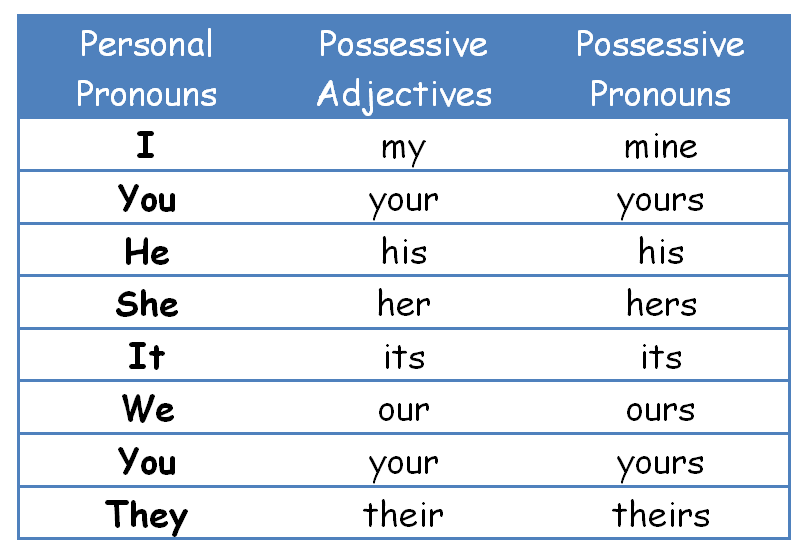What is the Possessive Noun?
The possessive noun is used to indicate that someone or something belongs to or is associated with someone or something else.
Making nouns possessive is easy and straightforward, all you have to do is add apostrophe-s (‘s) for singular nouns.
Examples of possessive for singular nouns:
- My brother’s bike.
- Miranda’s award.
- The restaurant’s new specials.
- The class’s assignment.
- Macdonald’s fast food.
- The lawyer’s fee.
- The child’s toy.
- The girl’s parents.
- JFK’s finest speech.
- Anyone’s guess.
- A week’s vacation.
- Texas’s oil industry.
If the noun is plural and does not end with -s, then you can add the apostrophe.
Examples of possessive for plural nouns:
- The children’s schoolbook.
- We support the people’s rights.
- Women’s clothing collection.
- Three weeks’ vacation.
- The boys’ baseball team.
- The twins’ parents.
Note: Only the last word of the noun phrases takes the possessive form.
Examples:
- Steve and Mike’s boat.
- The University of South Florida and Miami’s joint program.
- Tom Jones’s first album
Sometimes possessive nouns are used for emphasis or when it makes a string of possessives as in the following example:
Examples:
- My best friend’s sister’s boyfriend’s brother’s girlfriend becomes the girlfriend of the brother of my best friend’s sister’s boyfriend.
Exceptions to the general rule
Individual possession is indicated by apostrophes for each possessor.
Examples:
- France’s and Italy’s domestic policies are diverging.

